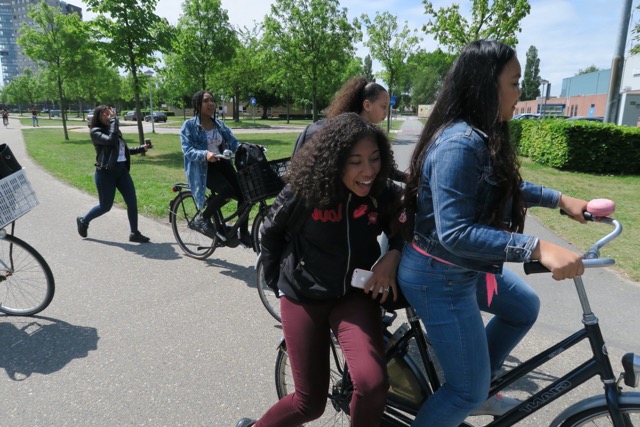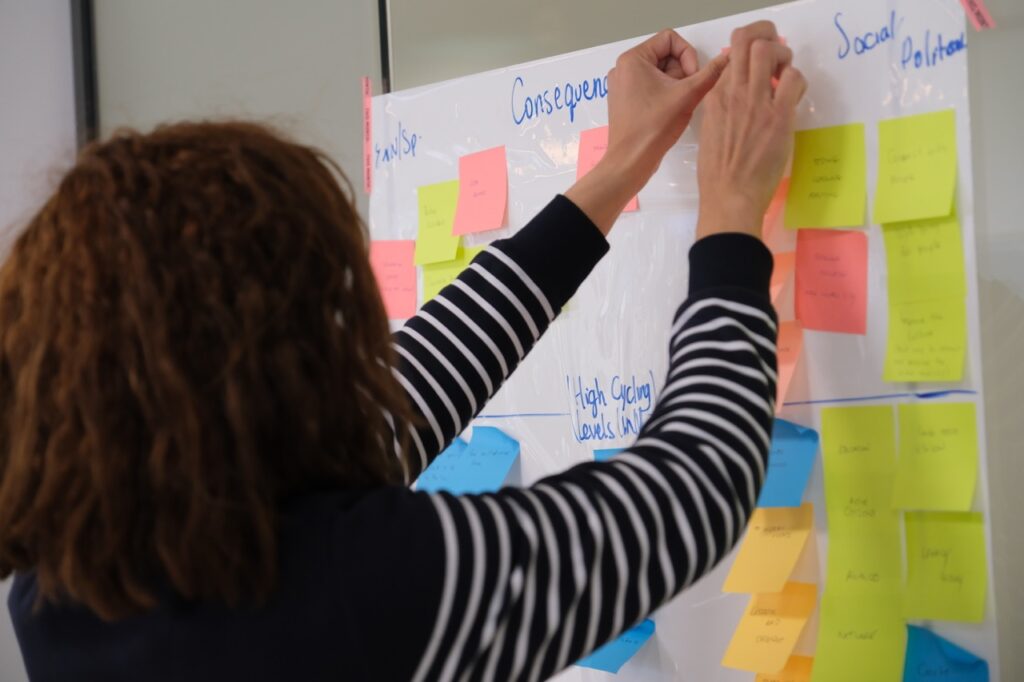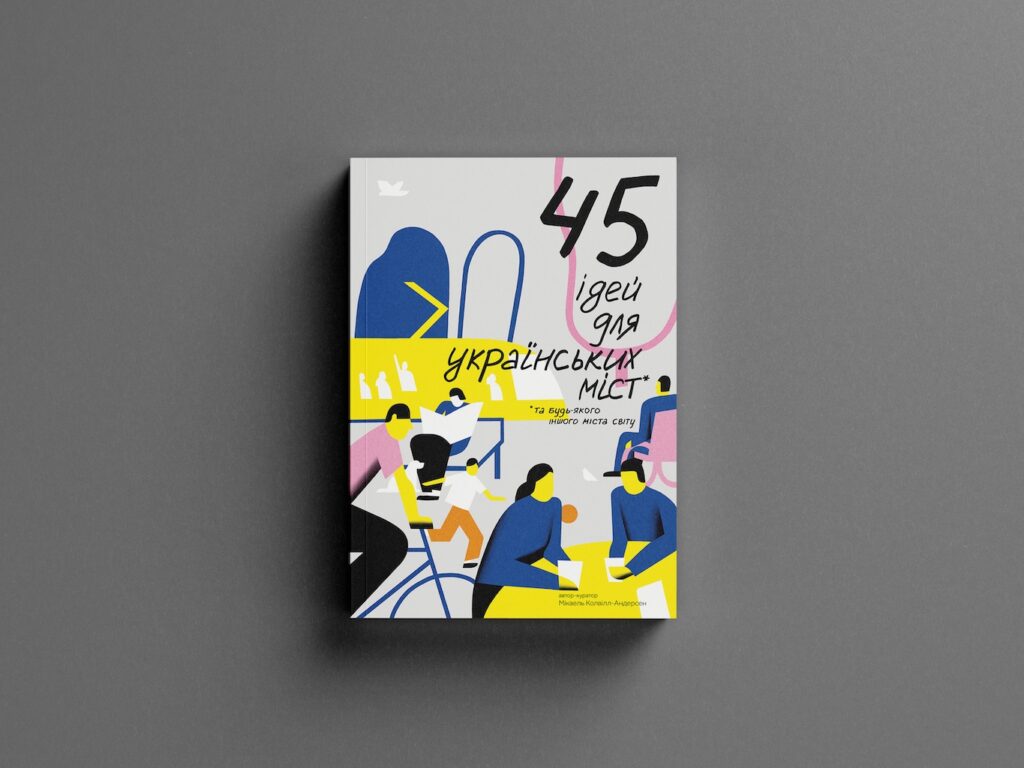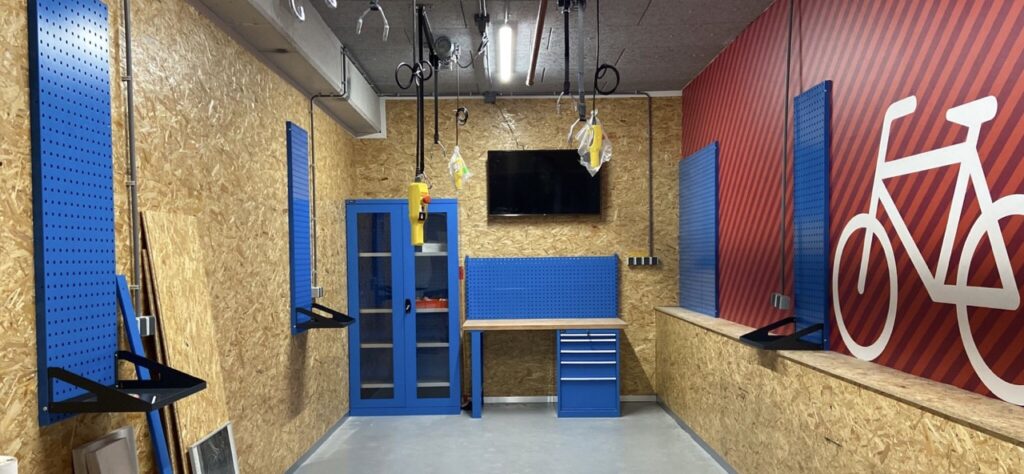All citizens require mobility to access services and amenities, maintain social contact, and partake in work, education, cultural and leisure opportunities. However, some communities experience more difficulty moving and accessing destinations than others. Such limitations often relate to social, cultural, and/or identity characteristics such as gender, race, class, ethnicity, and physical abilities, and also feelings of safety, belonging, and attachment – many of which overlap and intersect with spatial conditions that enable or constrain mobility and accessibility of opportunities. In partnership with the City of Amsterdam, this research explores the role of cycling policy for inclusion and social equity. Data from the Netherlands suggests that there are indeed social and demographic differences between those who are cycling and those who are not: age, gender, racial and ethnic background, residential location, education, health conditions, among other factors play a role in cycling participation. This research hopes to better understand mechanisms, conditions, experiences and especially local policy measures that might alleviate exclusionary mobility and enhance access to and participation in cycling as a daily mode of travel.
This is a 1-year research project funded by the City of Amsterdam and led by Research Fellow Bárbara Oliveira Soares and Senior Researcher Dr. Erik van Marissing.




